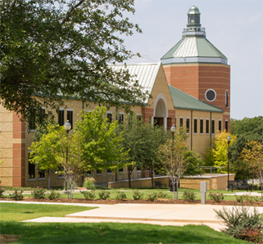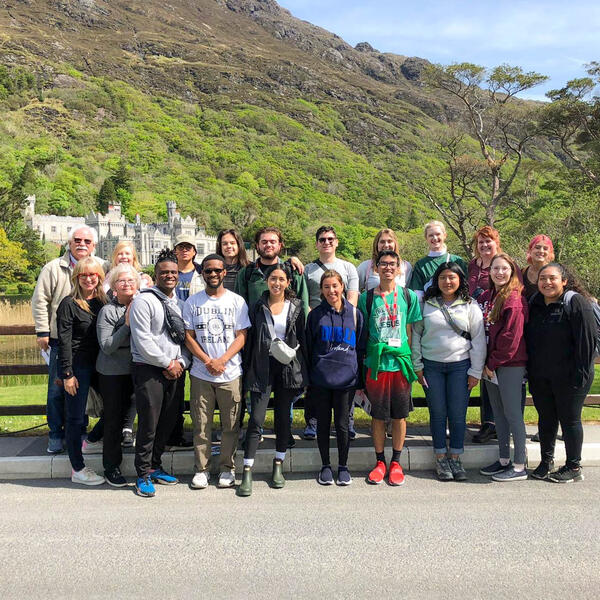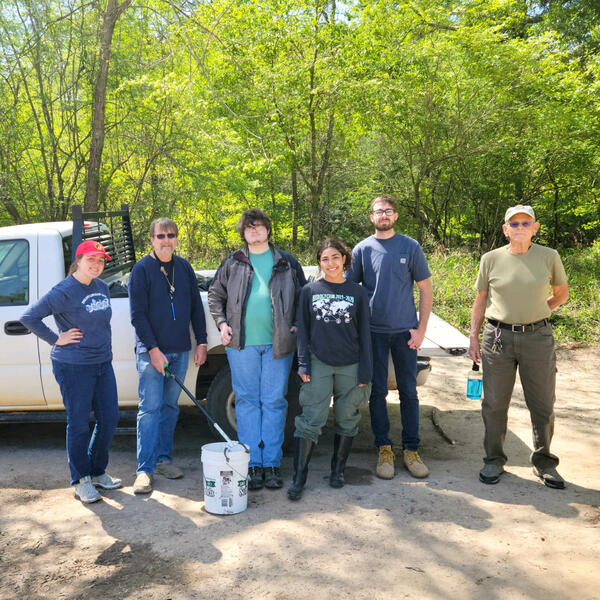Discovering Your Purpose
Discovering Your Purpose
This week I had opportunity to speak to some educational leaders about mission. I shared several mission statements from well-known companies. Living in Florida, I acquired several Life is Good shirts. They were fun to wear as they always had a neat message. The mission statement for the Life is Good Company is, “To spread the power of optimism.” I think they do this well. Over the past several decades, I periodically have gone to Ted.com and listened to some inspiring talks on a variety of topics. I have never been disappointed. TED’s mission statement is simply, “Spread ideas.” Though I am not a coffee drinker, I observe the number of people that wait in drive-throughs and in airport lines to get their vanilla latte or Cinnamon Roll Frappuccino blended coffee from Starbucks. Starbuck’s mission statement focuses on more than just coffee. The statement reads “To inspire and nurture the human spirit – one person, one cup and one neighborhood at a time.”
Each successful organization has a mission statement that clearly articulates its purpose. Leaders understand the importance of this and work hard on instilling this throughout the culture of their organization. At Southwestern Adventist University, our mission statement is “Inspiring knowledge, faith, and service through Christ-centered education.” It is simple and clear. Our institution’s fabric is replete with powerful knowledge-enhancing experiences, rich involvements in building faith, and a prevailing focus on serving the surrounding communities.
It is clear why organizations have a particular mission, but often we forget the importance of understanding our personal mission. Each person should ask, “What is my purpose?” If one is a Christian, life is much deeper than just existing and surviving, there is a divine purpose that guides our lives. That purpose is not always clear and sometimes we try to shirk those duties.
I am reminded of the Biblical character Moses, who at the burning bush was being called by God to do a particular work. However, Moses did not think he had the talents to lead the people of Israel and argued with God that he was the wrong person. However, when he finally consented, he patiently led God’s people to the promised land and saw the hand of God throughout his life’s journey.
I think of Joshua who followed Moses as leader. He was tasked by God to
be strong and very courageous and to follow the law that Moses had given.
Joshua prospered and accomplished God’s purpose by following the Book of the Law.
I think of Jeremiah, a man who was called to be a prophet of God. He did not have good news to share with the people and was often ridiculed and mocked. At one point, he wanted to give up on his divine appointed purpose of being a prophet. Scriptures reveal that he was at a place where he did not want to mention God’s name anymore, “But His word was in my heart like a burning fire shut up in my bones; I was weary of holding it back, And I could not.” He wanted to refuse the mission, but the charge to carry on was so strong, he could not refuse.
We are not unlike Moses, who felt that his calling was impossible, but who relied on God throughout his life’s journey that spanned decades.
We are not unlike Joshua, who was strong and courageous and let the Scriptures be his guide.
We are not unlike Jeremiah, who wanted to give up on fulfilling his purpose, but who ultimately realized his purpose and mission was like a wildfire within, that could not be stopped.
As Christians, you have a responsibility and purpose to emulate Jesus in all your actions. Peter puts it this way in 1 Peter 4, “Each one should use whatever gift he has received to serve others, faithfully administering God's grace in its various forms.” Each one of us has a gift to serve others. God made you on purpose for a purpose.
At Southwestern Adventist University, we understand this truth, and we work hard to help students understand their calling and purpose and to equip them for service in their communities.






